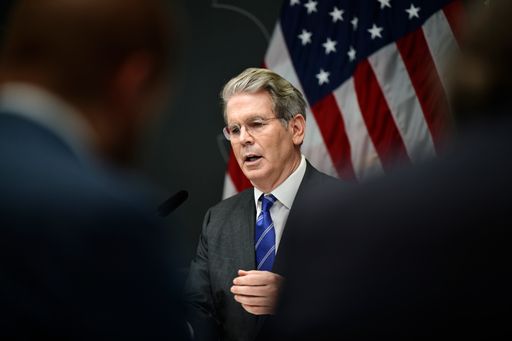India’s Foreign Minister Subrahmanyam Jaishankar said on Saturday that trade negotiations with Washington remain ongoing but stressed that New Delhi will defend its economic “red lines,” days before a second wave of steep US tariffs on Indian goods is set to take effect.
Speaking at an Economic Times forum in New Delhi, Jaishankar said India would stand firm in protecting key sectors. “We have some red lines in the negotiations, to be maintained and defended,” he said, citing the interests of farmers and small producers.
Indian exports face additional levies of up to 50 percent — among the highest ever imposed by Washington — in response to New Delhi’s increased purchases of Russian oil. A 25 percent tariff is already in force, with another 25 percent scheduled for August 27.
A planned visit by US trade negotiators to New Delhi from August 25–29 was abruptly called off, dimming hopes that the tariffs might be delayed or softened.

Collapsed talks
Trade talks between the world’s largest and fifth-largest economies collapsed earlier this year after India refused to open its agricultural and dairy markets — long-standing sticking points. Bilateral trade currently stands at over $190 billion.
Jaishankar defended New Delhi’s energy strategy, arguing that US criticism of India’s Russian oil purchases was unfairly selective.
“If the argument is oil, then there are bigger buyers. If the argument is who is trading more with Russia, then there are bigger traders,” he said, pointing to China and the European Union.
He added that India’s oil imports from Russia had never been raised in past trade discussions with Washington before the public announcement of tariffs.

Cost to India
Analysts warn the measures could carry a heavy economic cost. Capital Economics estimates that if the full tariffs take effect and persist, India’s GDP growth could be cut by 0.8 percentage points in both 2025 and 2026.
“The longer-term harm could be even greater as a high tariff could puncture India’s appeal as a global manufacturing hub,” the firm said.
Jaishankar also described US President Donald Trump’s trade and foreign policy announcements as a break with precedent.
“We have not had a US president who conducts his foreign policy so publicly as the current one,” he said.



















